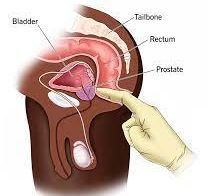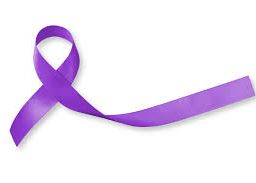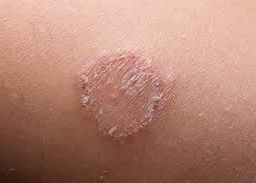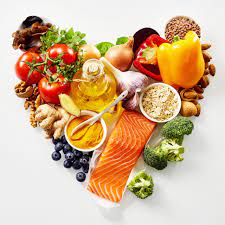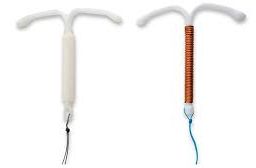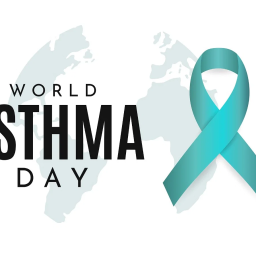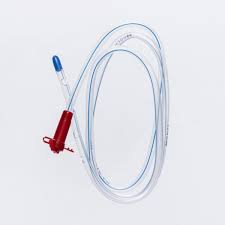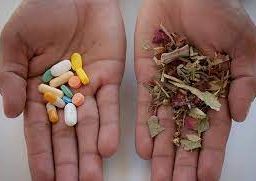
Meal Planning Tips for a Balanced Protein Fiber Diet
In today’s health-conscious era, understanding the significance of protein and fiber in our diet is paramount. Both protein and fiber serve as foundational pillars for optimal health, playing distinct yet complementary roles in ensuring our bodies function at their best.
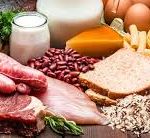
Maintaining a healthy diet is crucial for overall well-being, and two essential components that should not be overlooked are protein and fiber. Protein is often referred to as the building block of life, as it plays a vital role in various bodily functions. On the other hand, fiber is known for its ability to promote digestion and prevent numerous health issues. In this post, we will delve into the importance of protein and fiber in your diet, exploring their benefits and how to incorporate them into your daily meals.
The Role of Protein
Protein is an essential macronutrient that is responsible for building, repairing, and maintaining tissues in our body. It is composed of amino acids, which are the building blocks required for the growth and development of muscles, bones, skin, and organs. Additionally, protein plays a crucial role in the production of enzymes, hormones, and antibodies that are necessary for various bodily functions.
Including an adequate amount of protein in your diet has numerous benefits. Firstly, it helps in weight management by increasing satiety levels and reducing cravings. When consumed, protein takes longer to digest compared to carbohydrates or fats, keeping you fuller for longer periods. This can prevent overeating and aid in weight loss or maintenance.
Protein also plays a significant role in muscle development and repair. Engaging in physical activities such as resistance training or endurance exercises causes microscopic damage to muscle fibers. Protein helps repair these damaged fibers, leading to muscle growth and improved strength. This is particularly important for athletes or individuals looking to build lean muscle mass.
Furthermore, protein is essential for a healthy immune system. Antibodies, which are proteins produced by the immune system, help fight off infections and diseases. Consuming enough protein ensures that your body has an adequate supply of these antibodies to defend against harmful pathogens.
Understanding Fiber
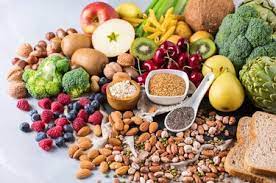
Fiber is a type of carbohydrate that cannot be digested by the human body. It is found in plant-based foods such as fruits, vegetables, whole grains, legumes, and nuts. There are two types of fiber: soluble and insoluble. Soluble fiber dissolves in water and forms a gel-like substance in the digestive tract, while insoluble fiber adds bulk to the stool.
One of the primary benefits of fiber is its ability to promote healthy digestion. Soluble fiber absorbs water and helps soften the stool, preventing constipation. Insoluble fiber, on the other hand, adds bulk to the stool, aiding in regular bowel movements. Consuming an adequate amount of fiber can prevent digestive issues such as constipation, hemorrhoids, and diverticulosis.
Fiber also plays a crucial role in maintaining blood sugar levels. Soluble fiber slows down the absorption of glucose, preventing rapid spikes in blood sugar levels after a meal. This is particularly beneficial for individuals with diabetes or those at risk of developing the condition.
Furthermore, fiber has been linked to a reduced risk of heart disease. Soluble fiber helps lower LDL (bad) cholesterol levels by binding to cholesterol particles and eliminating them from the body. High levels of LDL cholesterol can lead to the formation of plaque in the arteries, increasing the risk of heart disease. By including fiber-rich foods in your diet, you can help maintain healthy cholesterol levels and promote cardiovascular health.
Incorporating Protein and Fiber into Your Diet
Now that we understand the importance of protein and fiber in our diet, let’s explore how to incorporate them into our daily meals. When it comes to protein, it is essential to consume a variety of sources to ensure a complete amino acid profile. Good sources of protein include lean meats, poultry, fish, eggs, dairy products, legumes, and tofu. Aim to include protein in every meal, whether it’s through a chicken breast, a serving of Greek yogurt, or a handful of almonds.
As for fiber, it is recommended to consume a mix of soluble and insoluble fiber-rich foods. Fruits such as apples, oranges, and berries are excellent sources of soluble fiber, while vegetables like broccoli, carrots, and Brussels sprouts provide ample amounts of insoluble fiber. Whole grains such as oats, brown rice, and quinoa are also high in fiber. Incorporating these foods into your diet can help you meet your daily fiber requirements.
To increase your protein and fiber intake, consider adding a variety of nuts and seeds to your meals or snacks. Chia seeds, flaxseeds, almonds, and walnuts are all excellent sources of both protein and fiber. Additionally, incorporating legumes such as lentils, chickpeas, and black beans into your diet can provide a significant boost of both nutrients.

Balancing Protein and Fiber Intake
While both protein and fiber are essential for a healthy diet, it is crucial to strike a balance between the two. Consuming excessive amounts of protein without adequate fiber can lead to digestive issues such as constipation. On the other hand, focusing solely on fiber-rich foods without enough protein can result in inadequate muscle repair and development.
To strike a balance, aim to include protein and fiber in every meal. For example, pair a lean protein source like grilled chicken with a side of steamed vegetables or a salad. This way, you ensure that you are getting the necessary nutrients from both macronutrients.
Protein and fiber are two vital components of a healthy diet that should not be overlooked. Protein plays a crucial role in building and repairing tissues, supporting muscle development, and maintaining a healthy immune system. Fiber promotes healthy digestion, aids in weight management, and reduces the risk of heart disease. By incorporating a variety of protein and fiber-rich foods into your daily meals, you can ensure that you are providing your body with the necessary nutrients for optimal health and well-being.
Disclaimer: The information provided in this content is for general informational purposes only. It is not intended as medical or healthcare advice, diagnosis, or treatment. Always seek the advice of a qualified healthcare professional with any questions you may have regarding a medical condition or healthcare decisions.



